Quantum sciences comprise modern topics based on recent breakthroughs in quantum physics and represent a major research area in the 21st century. The corresponding specialization in our Master’s programme provides a solid foundation in quantum sciences, both theoretically and experimentally. The programme will enable students to undertake fundamental research at the forefront of quantum physics, covering a broad range of topics like quantum optics, quantum information, ultracold quantum matter, quantum many-body physics, photonics, and machine learning. The students will acquire a level of knowledge and expertise that allows them to pursue an academic or professional career inside or outside of physics.
PLEASE NOTE: The information you can find on this page is WORK IN PROGRESS!! Do not trust what you read there, when in doubt ask us or your master’s thesis supervisor directly. Often they will have a couple of courses in mind they will want you to take as preparation for your master’s thesis.
Difference between ‘Quantum Science’ and ‘Quantum Engineering’ specialisations
Our faculty offers a specialisation Quantum Science which aims to form quantum scientists (“imagining the device”) as well as a specialisation Quantum Engineering which is a more applied / engineering-type education (“building the device”). Note that for those who choose Quantum Science, there is an experimental and a theoretical course program available. For questions and recommendations please contact Prof. Wolfgang Dür (theoretical Quantum Science specialisation) and Prof. Hanns-Christoph Nägerl (experimental Quantum Science specialisation).
General note on choice of courses within modules
Please note that our Master’s curriculum was specifically designed to allow the highest amount of flexibility possible in terms of the courses you choose. As a consequence, most of the elective modules kind of work as placeholders for a high number of different courses. For example the course VU Photonics by Dr. Keil might be matched to any of the following modules: Elective module 3, 4, 6, 7. If a course is listed on LFU under a certain elective module, it is certainly valid for that module, however it might also be valid for others which is helpful if you want to complete a specialisation. The only way to know for sure if the course you are interested in is valid for a certain module is to ask Prof. Konstanze Zwintz (Studienbeauftragte Physik) during her office hours.
Recommended course of study
Note that these are just suggestions, the order of courses can be chosen as you like. The course register (Lehrveranstaltungs-Verzeichnis on LFU:online) of previous years gives you an idea of which courses are typically offered in the winter/summer semester and thus allows you to guess which courses might be offered in the future.
Year 1: Study Phase
Get in touch with your Master’s thesis supervisor* as soon as possible to check if they’d like you to complete specific courses (you have a lot of leeway concerning which courses you choose for a given module).
*If you’re unsure who you’d like to work with or even what Innsbruck offers in terms of thesis projects, the Students’ Association is organising an event for presenting thesis topics in January. The event is mostly aimed at Bachelor’s students but typically research groups also talk about their Master’s projects.
First semester / winter
- Compulsory module: Modern Physics (5 ECTS)
- Elective module 2: Quantum Theory (10 ECTS)
- If you chose to complete EM 1, 2 and 4:
- Elective module 1: Advanced Laboratory Courses A & B (10 ECTS. These courses are only offered in the winter semester.)
- Elective module 4: Advanced Topics in Quantum Science (10 ECTS if possible*)
- If you chose to complete EM 2, 3 and 4:
- Elective module 3: Advanced Methods of Quantum Theory (10 ECTS if possible*)
- Elective module 4: Advanced Topics in Quantum Science (10 ECTS if possible*)
*If you can’t find enough courses to complete your specialisation in the winter semester, don’t worry, just take the rest of the courses in the summer semester or in the second year.
Second semester / summer
- Complete your specialisation if you haven’t done so yet.
- Choose 30 ECTS worth of courses from elective modules 1 to 23.
Year 2: Research Phase
Get in touch with your Master’s thesis supervisor as soon as possible to discuss which courses you need to complete and when you can get started on the Master’s thesis. Expect to be mostly only working on your thesis project in the second year (and it will likely take almost a year too), all courses listed below as compulsory modules are supporting ‘courses’, some of them consisting of meetings with your advisor.
Third semester / winter
- Getting started on your Master’s thesis
- Compulsory module: Critical research analysis (22.5 ECTS)
- Compulsory module: PJ Research Study (12.5 ECTS)
- Compulsory module: SE Research Seminar (5 ECTS)
- Compulsory module: VU Critical Research Analysis (5 ECTS)
- Compulsory module: Preparation for master thesis (2.5 ECTS)
Fourth semester / summer
- Master’s thesis (27.5 ECTS)
- Defence of the Master’s thesis (2.5 ECTS)
